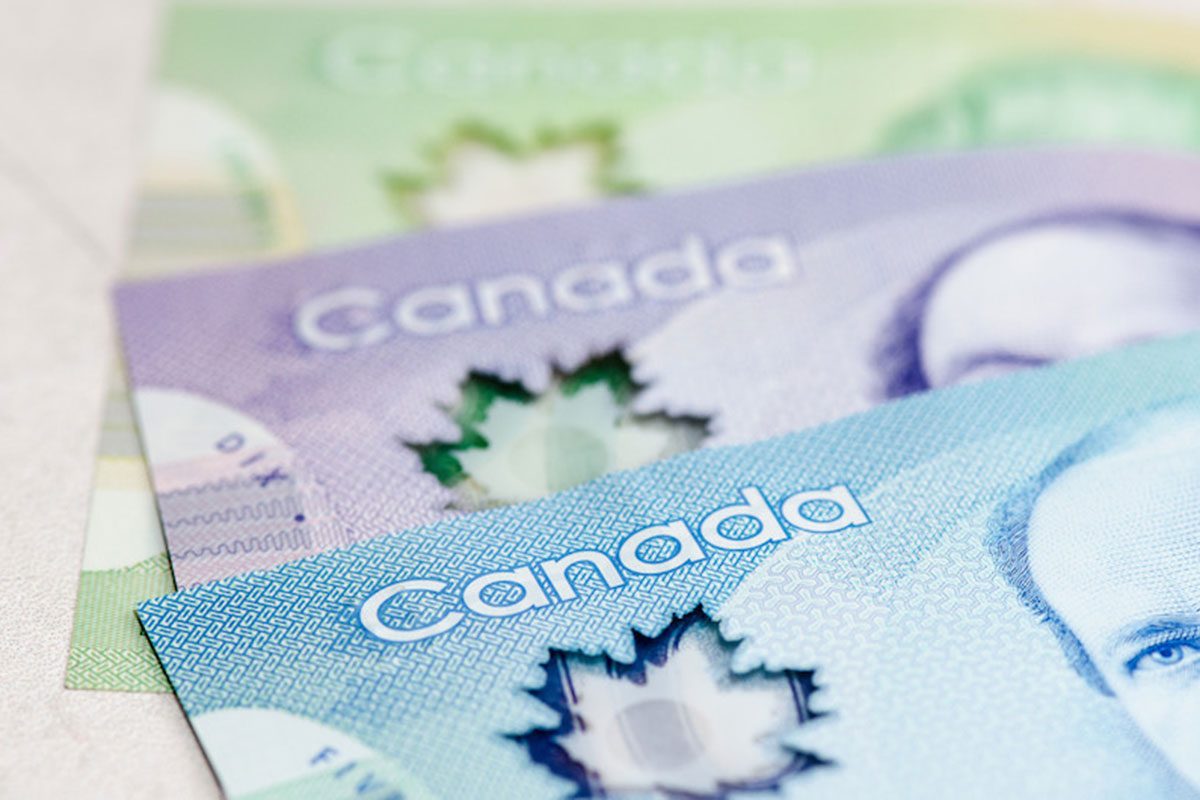It isn’t just financial knowledge that matters, but also what we are able to do with that knowledge in our economic and social environments.
Further, as research in behavioural economics is showing, our brains can get in the way. We think we are making perfectly rational, logical decisions when we aren’t.
Technological innovation in financial services (“fintech”) can be difficult to keep pace with and understand.
And, although there are lots of resources, it can be difficult to figure out which are appropriate for our own situation.
So if you’ve been finding it difficult to get control of your money and make the changes you want to make to improve your financial well-being, there are some good reasons it might be challenging.
While some people respond to a challenge by digging right in, others prefer to look the other way and hope it will all work out in the end.
However, when it comes to money, looking the other way can result in big problems — or at the very least, missed opportunities.
Tips for increasing financial well-being
Whether you feel overwhelmed by your finances and don’t know where to start, or you think things are pretty good but you’d like to make them better, it’s never too late to make a change.
Here are some tips and techniques to start improving financial well-being.
1. Spend less than you earn
Think about three big categories of money: spending for today, saving for the future and giving to the causes and organizations that matter to you and your family. When we spend less than we earn, we create the space to save and to give to others. Note: spending includes debt repayment!
2. Do the math
No one tool is best, but most of us could use a little help in making a budget, revising it as needed and tracking spending. Use what works for you, whether that’s a spreadsheet, an app, financial software or a pencil and paper. The best tools are the ones you use. The Financial Consumer Agency of Canada has some great information on budgeting and many other aspects of finances.
3. If possible, don’t do it alone
If you have a spouse or partner, work to be sure you are on the same page with financial decisions. Financial stress can be a significant source of tension in relationships. If you’re single, could you have a low-budget finance date or breakfast with a friend to compare notes?
And if you have kids, bring them into money conversations in age-appropriate ways. Research is showing parents can be important, positive financial role models for their children.
4. Save off the top
Arrange to have a set amount come out of your chequing account and go into a savings account each payday. Revise the amount as your pay changes over time. Aim to have three to six months worth of expenses in savings to cover emergencies. Investigate tax-free savings accounts (TFSAs) and registered retirement savings plans (RRSPs) for longer-term financial goals.
Read more: How to determine what’s better – RRSPs or TFSAs?
5. File that tax return
Even if you don’t owe taxes, file that return!
Filing is the only way to get refundable tax credits like the GST/HST refund. Federal and provincial governments use the income on tax returns to establish eligibility for benefits and supports like the Canada Child Benefit.
Even if you don’t get a sunshine getaway this year, if you’re responsible and proactive right now, a piece of that serenity will be within reach through your ongoing wellness — and the occasional well-planned splurge.








